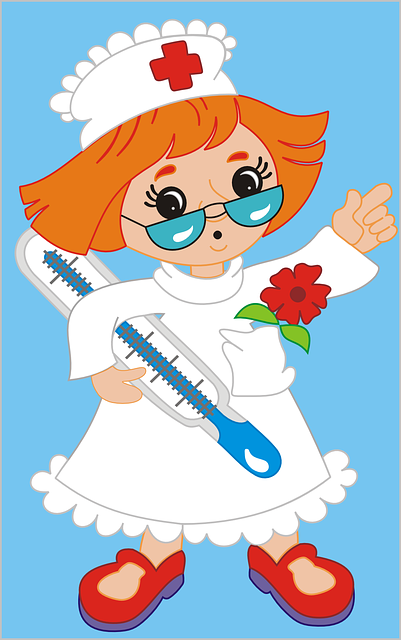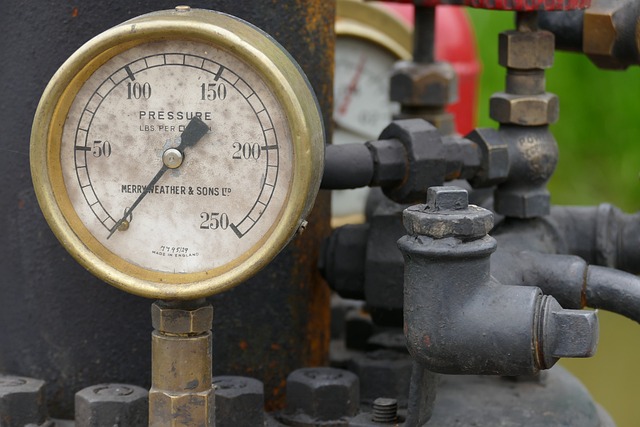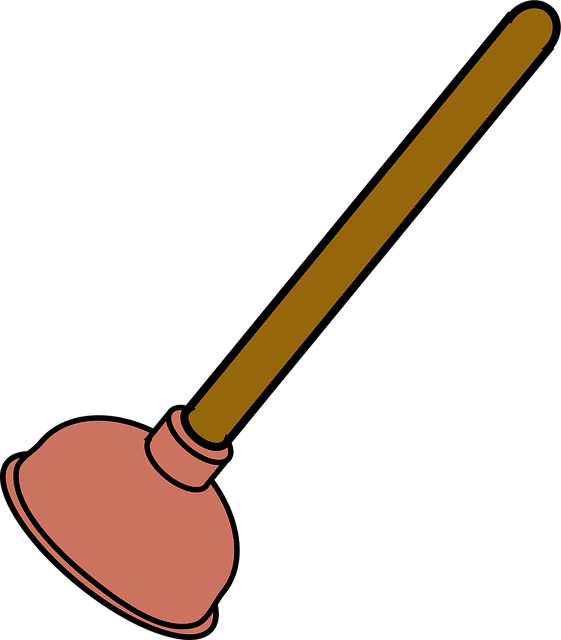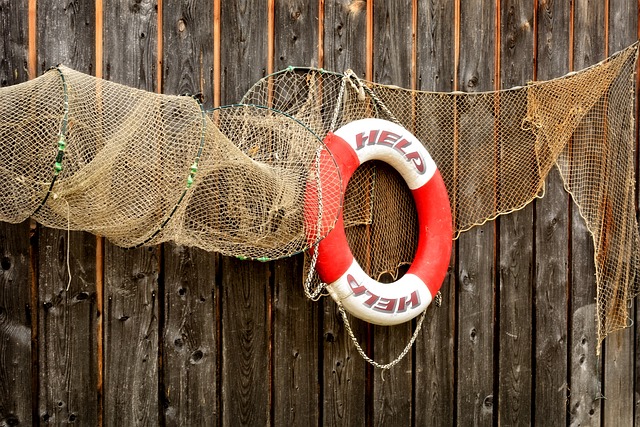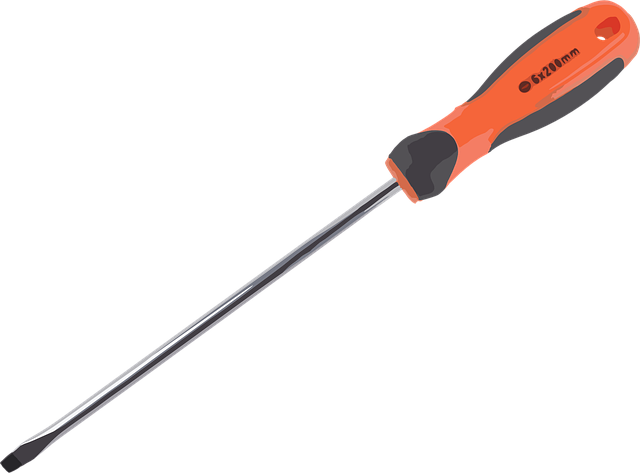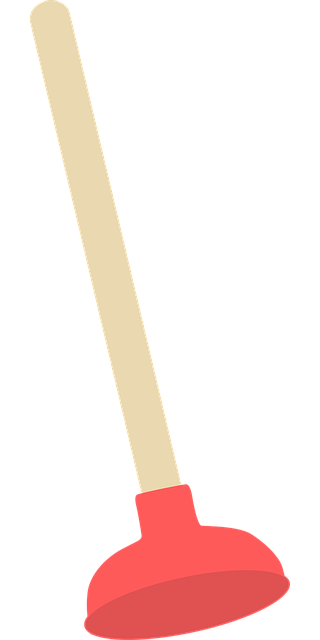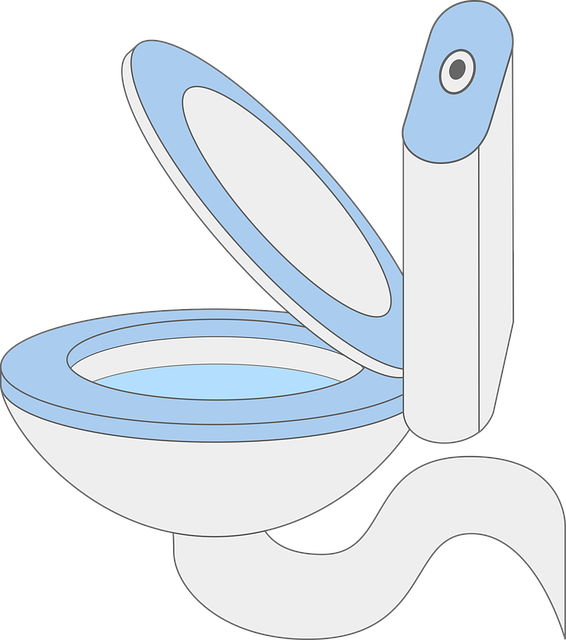Regular plumbing inspections (including professional check-ups and DIY care) are essential for maintaining your home's system, preventing costly repairs, saving money on utility bills, and ensuring optimal water pressure. These visits catch early signs of leaks, clear pipe and heater buildup, assess fixture conditions, and replace outdated components. By combining these strategies—like leak prevention, sediment removal, and timely fixture replacements—you preserve your plumbing system's longevity while promoting efficiency and safety.
Maintaining a well-functioning plumbing system is crucial for any homeowner. Regular professional plumbing check-ups are an essential part of home ownership, offering peace of mind and preventing costly repairs. This comprehensive guide provides valuable insights into optimizing your plumbing with practical tips on maintenance, leak prevention, water pressure management, sediment removal, and knowing when to replace outdated fixtures. Discover how these simple strategies can keep your pipes running smoothly.
- The Importance of Regular Plumbing Inspections
- – Why regular check-ups are essential for your home's plumbing system.
- Plumbing Maintenance Tips for Optimal Performance
- – Strategies to keep your pipes and fixtures in top condition.
- Preventing Leaks: A Proactive Approach
- – Identifying common leak causes and implementing preventive measures.
The Importance of Regular Plumbing Inspections
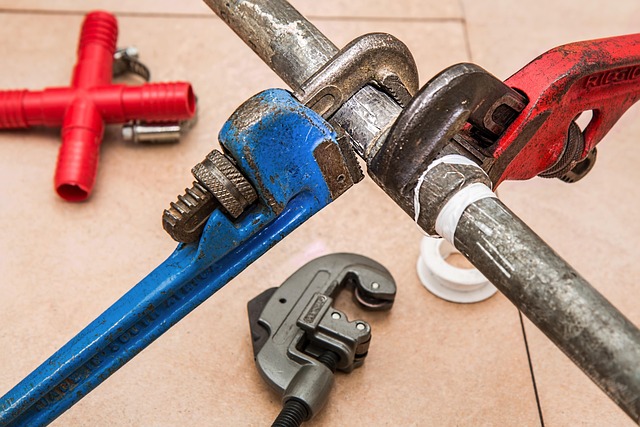
Regular plumbing inspections are an essential part of home maintenance and can save homeowners from costly repairs and unexpected disasters. By scheduling routine check-ups, you’re not just ensuring the smooth operation of your plumbing system but also preventing potential issues that could lead to serious damage and health hazards. Leaks, for instance, can go unnoticed for long periods, causing extensive water damage and sky-rocketing utility bills. Regular inspections allow plumbers to identify and fix these leaks promptly, preventing further complications.
Moreover, these visits facilitate sediment removal, which is crucial for maintaining optimal water pressure throughout your home’s plumbing system. Over time, mineral deposits can build up in pipes and fixtures, reducing water flow and potentially leading to clogs and damage. Regular maintenance also includes inspecting and replacing outdated or damaged fixtures, such as faucets and toilets, before they fail completely. This proactive approach to plumbing maintenance tips not only saves money but also contributes to a more energy-efficient home by preventing unnecessary water waste.
– Why regular check-ups are essential for your home's plumbing system.
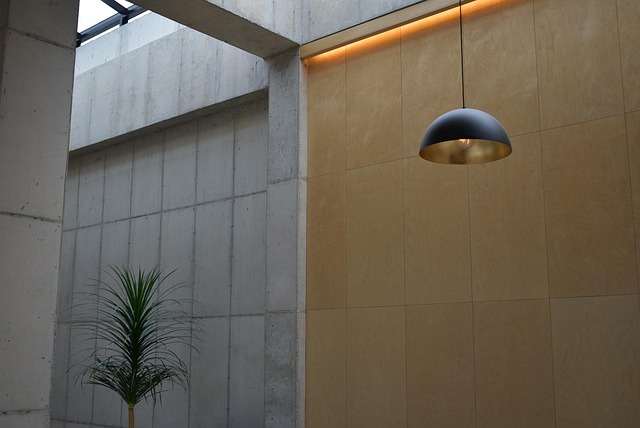
Regular check-ups by a professional plumber are an invaluable aspect of home ownership, offering numerous benefits to your plumbing system and overall comfort. These visits serve as a proactive measure against potential issues that could go unnoticed until they become costly repairs. By scheduling routine inspections, you gain peace of mind knowing that any problems will be caught early, preventing more severe damage down the line.
One of the key advantages is leak prevention. Regular plumbing maintenance tips include checking for subtle signs of water damage or leaks, which can often be overlooked but lead to significant waste and structural harm. Additionally, these visits ensure optimal water pressure by clearing sediment buildup in pipes and water heaters, enhancing efficiency. During these checks, a professional can also assess the condition of fixtures and suggest replacements, ensuring your home’s plumbing remains modern and functional.
Plumbing Maintenance Tips for Optimal Performance
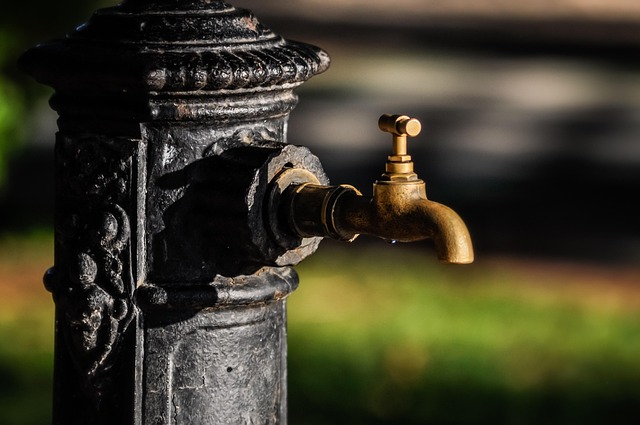
Regular plumbing maintenance is essential for keeping your home’s system in top shape and preventing costly repairs. One of the best plumbing maintenance tips is to schedule regular inspections. These checks can help identify potential issues early on, such as leaks or blockages that could lead to water damage or low water pressure. By addressing these problems promptly, you can save yourself from major headaches later on.
Additionally, consider incorporating sediment removal into your plumbing maintenance routine. Over time, hard water can leave behind mineral deposits, reducing water pressure and affecting the performance of fixtures. Regular cleaning can remove these sediments, ensuring smooth water flow throughout your home. Furthermore, keep an eye out for outdated or damaged fixtures and plan for their replacement. Outdated plumbing components not only reduce efficiency but may also pose safety risks. Staying on top of fixture replacements is a smart plumbing maintenance tip that contributes to both optimal performance and peace of mind.
– Strategies to keep your pipes and fixtures in top condition.
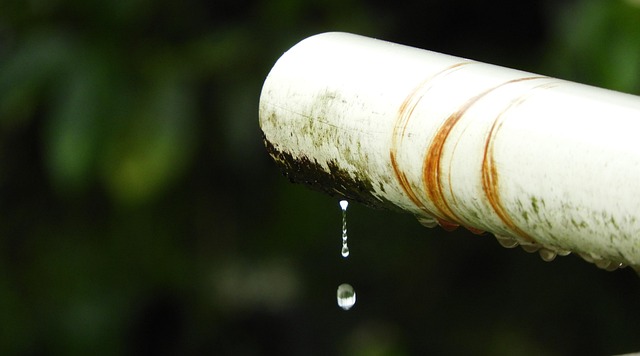
Keeping your pipes and fixtures in top condition requires a multi-faceted approach. Regular inspections are paramount to identifying potential issues early on. Simple plumbing maintenance tips, such as checking for leaks around faucets and appliances, can prevent significant damage and costly repairs. Additionally, regular cleaning to remove sediment buildup ensures optimal water pressure throughout your home or business. Preventive measures like these not only save you money but also lengthen the lifespan of your plumbing system.
One effective strategy is to schedule periodic professional plumbing check-ups. These thorough assessments can uncover hidden problems that may go unnoticed during routine inspections. Professional plumbers have the tools and expertise to detect leaks, evaluate water pressure, and even recommend when it’s time for fixture replacement. By staying proactive with regular inspections, you can avoid emergency plumbing issues and maintain a smoothly running system.
Preventing Leaks: A Proactive Approach

Regular inspections are a crucial aspect of plumbing maintenance tips, helping to prevent leaks and costly repairs. Professional plumbers can identify potential issues before they become major problems. Through regular check-ups, they ensure your water pressure remains optimal, fixtures are in good working order, and any signs of corrosion or sediment buildup are addressed promptly. By maintaining these components, you can avoid unexpected leaks that may disrupt your daily routine.
Furthermore, professional plumbing services include the evaluation and replacement of outdated or damaged fixtures. This proactive approach to leak prevention not only reduces water waste but also ensures the longevity of your home’s plumbing system. Regular inspections allow for sediment removal, another important aspect of maintaining a robust plumbing network, thereby safeguarding against clogs and improving overall efficiency.
– Identifying common leak causes and implementing preventive measures.
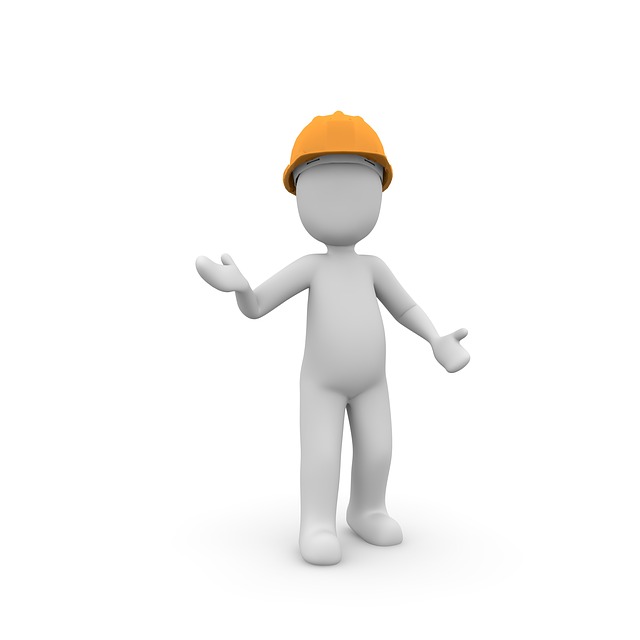
Plumbing maintenance tips include regular inspections to identify and prevent common leak causes. By performing routine checks, homeowners can catch potential issues early, saving them from costly repairs. Leaks often originate from worn-out pipes, faulty joints, or corroded valves. Preventive measures such as regular sediment removal and timely fixture replacement can significantly reduce these risks. Moreover, keeping an eye on water pressure is crucial; a sudden drop may indicate a leak or blockages in the system.
Regular inspections also allow for proactive addressing of other plumbing maintenance aspects. For instance, removing built-up sediment from water heaters and pipes not only improves water quality but also maintains optimal water pressure. Promptly replacing old or damaged fixtures can prevent leaks and improve overall efficiency, contributing to both water conservation and cost savings.
